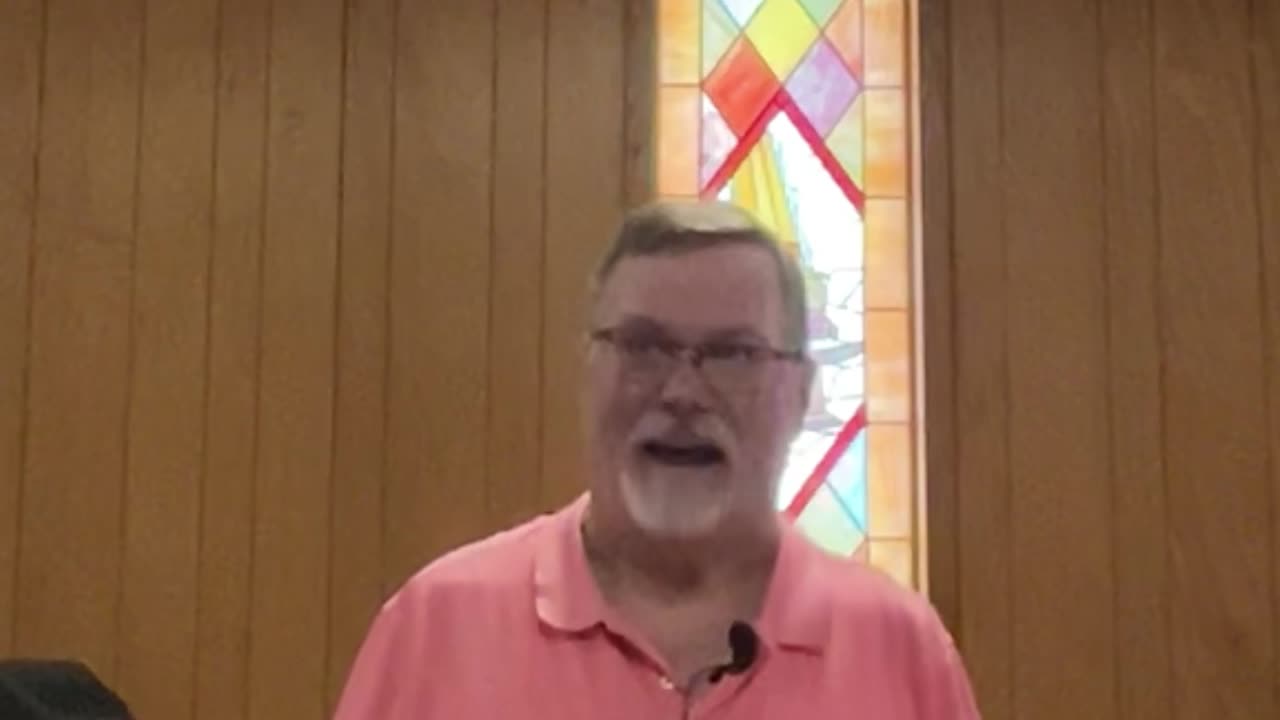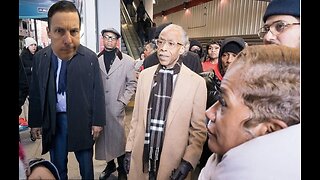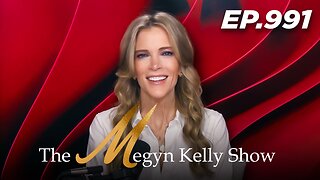Premium Only Content

Isaiah 9 - A dual prophecy given by Isaiah that proclaims Messiah at His birth and return. 6.21.24
This chapter is part of the section of chapters that deals with prophecies made by Isaiah during the reign of Ahaz.
Ahaz was a bad king who didn't care to follow Elohim at all.
His father, Jotham, and his grandfather, Uzziah, were both godly kings for Judah, but Ahaz was a rotten apple.
Isa 9:1 But there will be no more gloom for her who was in anguish; in earlier times He treated the land of Zebulun and the land of Naphtali with contempt, but later on He shall make it glorious, by the way of the sea, on the other side of Jordan, Galilee of the Gentiles.
This verse is a continuation of chapter 8. As a matter of fact, in the Hebrew Bible this verse is included with chapter 8. That chapter leaves off with the prophecy that Judah will be judged. This verse picks up on that theme.
(Read Isaiah 8:19-22.)
This verse actually has a dual meaning. It can be read to say "and afterward more heavily oppressed her," as it says here in the NASB, or it can be read "but later on He shall make it glorious." It would appear that both ways it can be translated are somewhat accurate. The KJV referring to the near fulfillment when the Assyrians invaded the northern part of Judah. The NASB translation came true when Yeshua came to the land and dwelt near the sea of Galilee and was among them.
Isa 9:2 The people who walk in darkness Will see a great light; Those who live in a dark land, The light will shine on them.
This was fulfilled, as mentioned in the last verse, when Yeshua walked in Galilee. Matthew quotes this passage in
Matthew 4:12-17.
Isa 9:3 Thou shalt multiply the nation, Thou shalt increase their gladness; They will be glad in Thy presence As with the gladness of harvest, As men rejoice when they divide the spoil.
It would appear that the first two verses refer to the time of the arrival of Yeshua while this passage refers to His return.
Isa 9:4 For Thou shalt break the yoke of their burden and the staff on their shoulders, The rod of their oppressor, as at the battle of Midian.
That burden for Judah will be broken when Yeshua returns. Peace has eluded Judah up to this time. They are in dire straights as we speak. The Muslim nations want them destroyed. They have no chance for peace at all at the present time. They have no more chance at peace than a mule has a chance of removing his own yoke. All he can do is sit there and bear that burden until his master comes along and removes it.
That will not happen to Judah until Yeshua returns and breaks the yoke of their burden. Then they will be free.
(Jer 30:8-10).
The rod of their oppressor will be broken as at the battle of Midian. Midian was destroyed at the torrent of Kishon which is in the valley of Armageddon. The final oppressors of Judah and Israel will be destroyed in the valley of Armageddon also.
(Psalm 83:9-11).
Isa 9:5 For every boot of the booted warrior in the battle tumult, And cloak rolled in blood, will be for burning, fuel for the fire.
The oppressors of Judah and Israel will be in tumult. Their cloak will be rolled in blood and will be for burning, as for fuel for the fire.
(Isa 66:15-24, Ezek 39:8-10).
Isa 9:6 For a child will be born to us, a son will be given to us; And the government will rest on His shoulders; And His name will be called Wonderful Counselor, Mighty God, Eternal Father, Prince of Peace.
This is a dual prophecy given by Isaiah that proclaims Messiah at His birth and His return. He came as a child, born in a manger.
(Luke 1:31-33).
He will return with the government upon His shoulder. His name will be called Wonderful Counselor. "Wonderful" here means "miraculous" or "supernatural." So His name being "Supernatural Counselor" refers to His first coming when He came with words of everlasting life. The men of that day saw that no one who has ever lived spoke like He did.
(John 7:46).
Also, when He comes again, he will rule with perfect wisdom.
(Isaiah 11:2).
"Mighty Elohim" is a term applied to the Father and literally means "an heroic Elohim." "Eternal Father" refers to the relationship Elohim has with His people.
(Psalm 103:13). "Prince of Peace" tells us that He is the only one who can bring peace.
River Valley Torah Assembly
-
 39:56
39:56
BonginoReport
3 hours agoTrump Alpha-Males Colombia (Ep.126) - 01/27/2025
58.1K104 -
 1:59:53
1:59:53
Jeff Ahern
2 hours ago $1.31 earnedMonday Madness with Jeff Ahern (6am Pacific)
10K1 -
 1:21:30
1:21:30
Game On!
11 hours ago $1.94 earnedPatrick Mahomes does it AGAIN!
14.9K8 -
 15:20
15:20
Misha Petrov
3 hours agoReacting To Liberal MELTDOWNS Over Trump’s Return - Gen Z Is Planning a REVOLUTION?!
23.8K19 -
 18:22
18:22
Neil McCoy-Ward
3 hours agoThe 🇨🇴 Colombian President Just Learned The HARD WAY!!! (Another Win For The USA 🇺🇸)
38.3K14 -
 1:56:04
1:56:04
TheDozenPodcast
18 hours agoMass deportations, Islamists, Saving the UK: Nick Tenconi
41.4K23 -
 35:24
35:24
Survive History
23 hours ago $11.37 earnedCould You Survive in a Cavalry Regiment During the English Civil War?
105K10 -
 28:15
28:15
Degenerate Plays
18 hours ago $4.92 earnedTwo Birds' Secret Meeting - Gotham Knights : Part 26
83K7 -
 12:29
12:29
Mr. Build It
6 days agoWish I Knew This Before I Started Building It
76.1K30 -
 2:03:57
2:03:57
Megyn Kelly
2 days agoNew Trump Derangement Syndrome, and How CNN Smeared a Navy Veteran, w/ Piers Morgan & Zachary Young
169K192